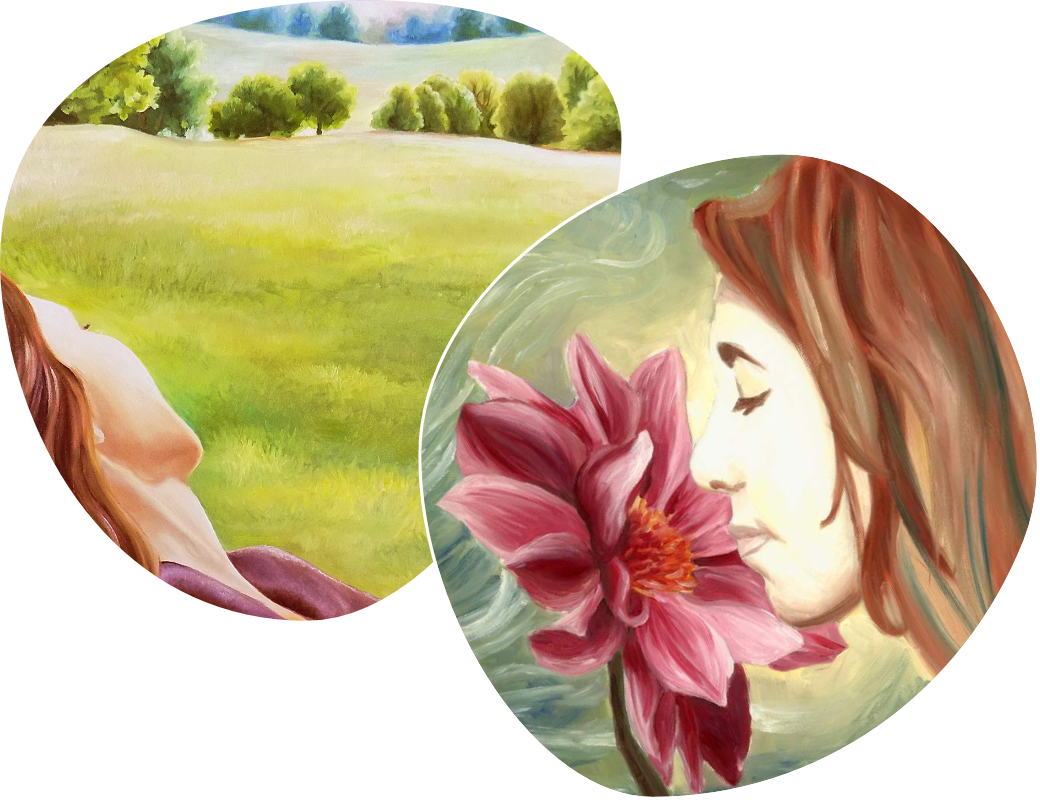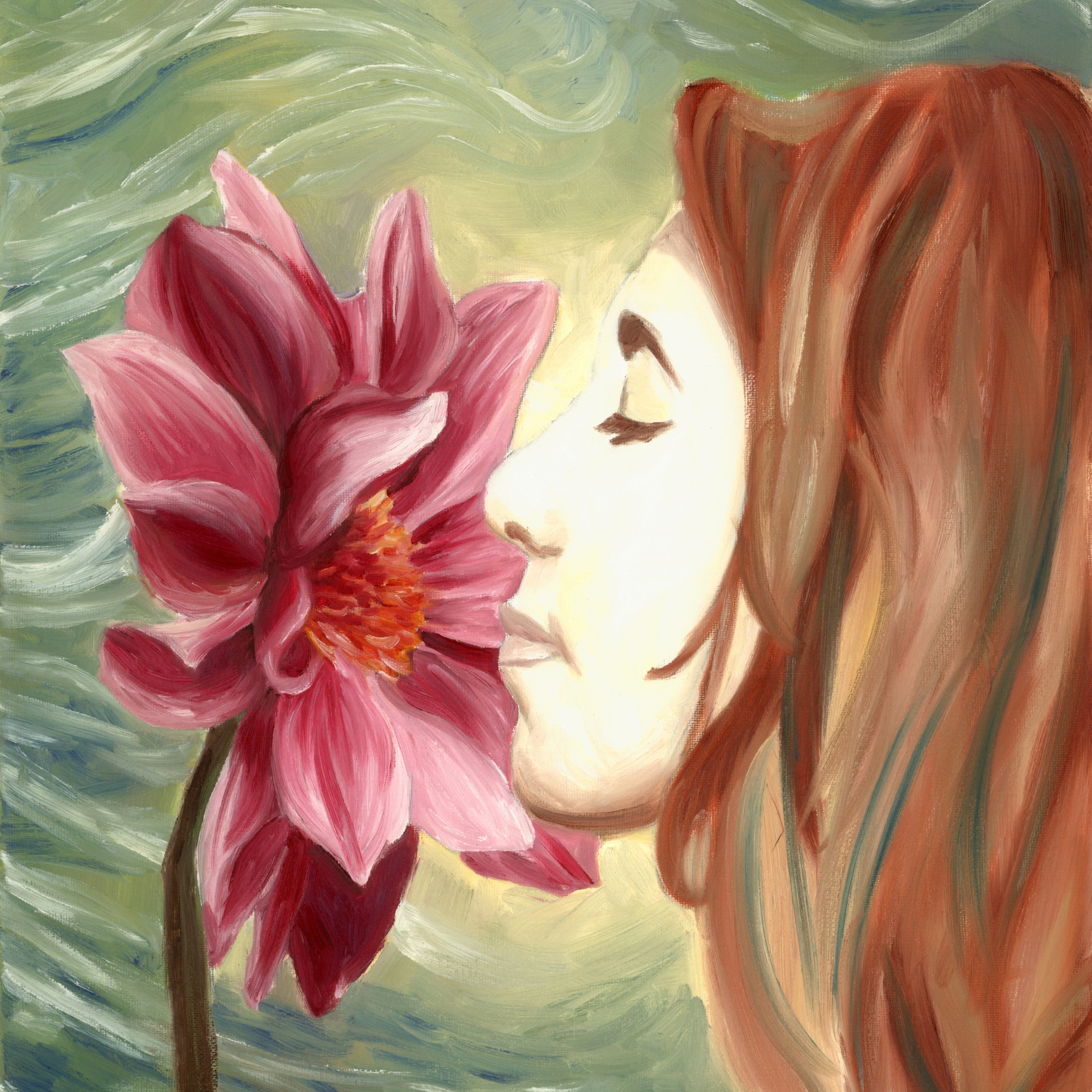Rethink
What It Means
to Heal
Dr. Lisa Lindeman brings a critical and compassionate lens to modern ideas of happiness, healing, and emotional well-being.

Articles
Rubble in the Pipes
Why do we feel bad on good days? Listen to your intuition. Valid causes of emotion are not always simple and clear. Even when emotional pain is recognized as a legitimate signal that something personally significant is happening in the outside world, intense or lasting pain is often considered a faulty signal, like a broken smoke alarm going off in the absence of smoke. We have a tendency to categorize emotions as either justified or faulty–a sign that some life…
We Don’t Need Another “Secret” to Happiness
In my forthcoming book, The Masters, the Magicians, and the Menders: Three Guides to Emergent Happiness and the Pursuit of Humanity, I explore what we genuinely need to be happy. If you are disillusioned with oversimplified, cookie-cutter, empty, feel-good, bumper-sticker platitudes on happiness, this book may resonate with you. The maxim that “happiness comes from within,” for example, is small comfort after the death of a loved one, the loss of a job, or a cancer diagnosis.
Continue Reading We Don’t Need Another “Secret” to Happiness
Where do you find comfort?
Life has endless beauty but also horror. Most of us will encounter the darkness at some point. What do you do to cope? I keep reading the news despite, or perhaps because of, the grief it brings. Most of us will encounter life’s horrors at least once. Some of us have faced it again and again with episodes of pain accumulating like snow into the avalanche of complex trauma. Whether we attempt to make the world a better place or…
Phantom Selves and the Simulations You Stuck Them In
Until a few weeks ago, a part of me was still dying. The power of the past to live on in my imagination was never so apparent. You may have one or many simulations running on an endless loop in the back of your mind. In these you have trapped a phantom self, a portion of your whole self where you face dangers or losses that once came your way and have since vanished.
Continue Reading Phantom Selves and the Simulations You Stuck Them In
Before You Take Another Pill, Get Mad
Those who understand the dynamics of psychological abuse know first-hand that the most effective abusers make you blind to the abuse. They teach you to reinterpret your surroundings, ignore your intuitions, and walk willingly, enthusiastically, into your own powerlessness.
Beyond the Event Horizon of Despair
You know when you’ve passed the point of no return, and anguish takes over, but all is not lost. The event horizon of a black hole is a boundary which, once crossed, makes a fall toward its center inevitable. Even light is bound, giving the black hole its morbid moniker. This offers a good metaphor for experiences of anguish.
Join me for some tea
If an avalanche of devastating news or personal losses weighs heavily on your heart, know that you are not alone. You live among countless likeminded souls dedicated to coaxing this aching planet into an epoch of healing and wholeness. We can come out of the protective caves, the small hiding places, and feel joy again.
When you’re hurting, do you ask, “What’s wrong with me?”
I’d like to suggest a different question. We have emojis to express feeling happy, sad, angry, afraid, surprised, and more of what we might call everyday emotions. As far as I know, other than a few suggestive images (like the face with a bandage) there are no emojis for depression, panic attacks, profound grief, dissociation, post-traumatic stress, or a dreaded existential crisis. What would they even look like? People sometimes use smiley faces when chatting about negative topics as a…
Continue Reading When you’re hurting, do you ask, “What’s wrong with me?”
Have you ever met a chair that wasn’t a chair?
You may have heard that in deep states of meditation, the mind becomes quiet and still. What does that actually mean? The “peace that surpasses understanding” runs deeper than a derailed train of thought.
Continue Reading Have you ever met a chair that wasn’t a chair?
What happens to our empathy when we visualize boundaries?
From protective bubbles to black smoke, it’s hard to find a metaphor for both sanctuary and connection. I will start by admitting that I never liked the popular meditation in which you visualize yourself in a protective bubble. The idea is to imagine a barrier, however lovely and light, that keeps negative or harmful forces at arm’s length. The image is the most basic of all boundaries, an enclosed sphere surrounding oneself like the membrane of a cell. Only good…
Continue Reading What happens to our empathy when we visualize boundaries?
Short Bio
I have a Ph.D. in psychology from the University of Wisconsin, Madison. My goal as a student was to study emotional well-being, to help chart paths from pain to joy, through difficult life circumstances to unconditional happiness. That area of study was challenging, because the field of psychology tends to pathologize emotional suffering. I ended up creating an “individualized graduate major,” blending coursework in various areas to forge my own path, exploring how suffering can arise in any person and how to create well-being in a world that continuously threatens it.
Stay in Touch
I write about emotional wellness, healing, and happiness from these perspectives:
- Personal experience with adversity and trauma
- Formal study in psychology and related fields
- Thirty years of meditation practice
- This conviction: Emotional suffering is normal, and social and economic factors play a large role in shaping our well-being.
Let’s start a dialogue. What’s your perspective?











